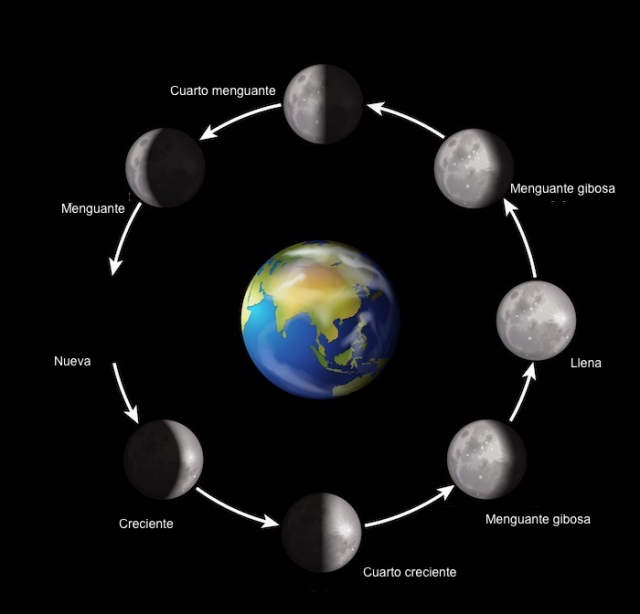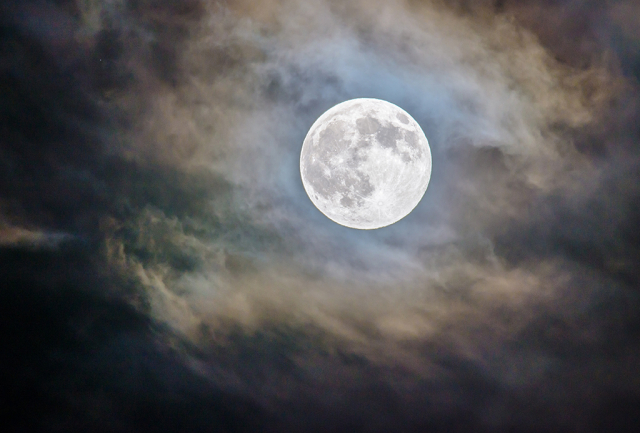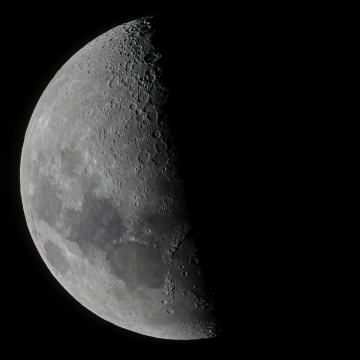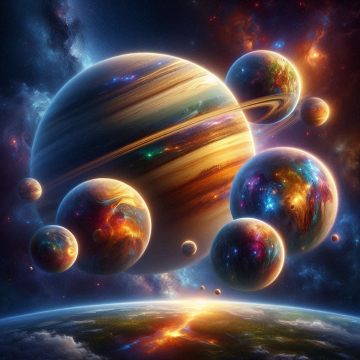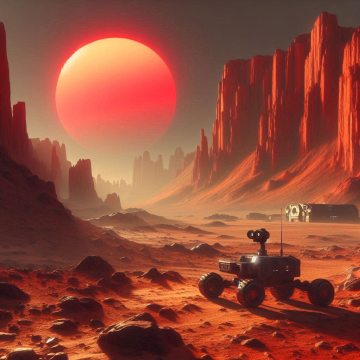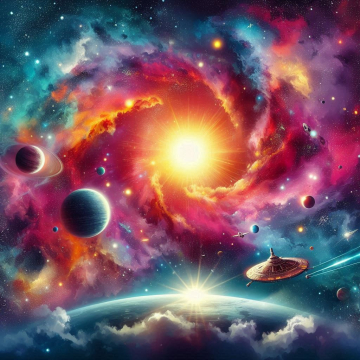In addition to the 4 phases of the moon , it has others that are not so well known. They arise according to the movement that the moon makes on the earth and the light of the sun that is reflected on its surface. Here we tell you what they are.
What are all the phases of the moon?
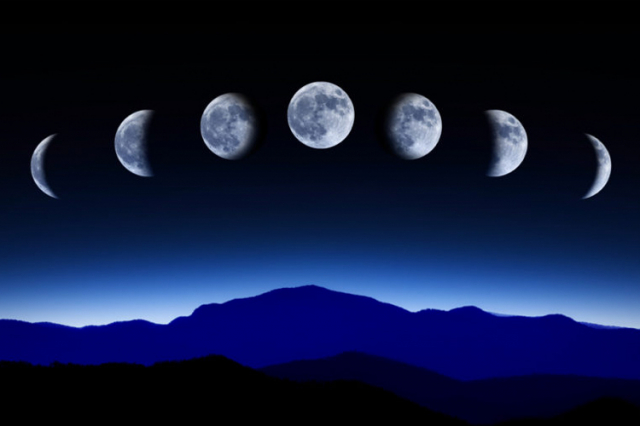
New Moon or New Moon
One of the most well-known phases of the moon. During this stage, the moon looks very dark and it is difficult to see it because its entire surface that can be seen from the planet is in shadow.
Crescent moon
This begins to appear 3 or 4 days after the new Moon . In the Northern Hemisphere of the earth you can see the right side of the moon and from the Southern Hemisphere, the left side.
Crescent quarter
In this phase only half of the moon is illuminated. The right side in the Northern Hemisphere and the left in the Southern Hemisphere. Another piece of information about this phase is that it can be observed from noon to midnight and during sunset it is seen in the highest part of the sky.
Crescent gibbous moon
One of the lesser known phases of the moon . It is also called the crescent gibbous and occurs when the illuminated part is greater than half. In the Northern Hemisphere you see a curve on the left side and in the Southern Hemisphere, the curve is on the right.
Full moon or full moon
The full moon appears when the lunar disk is fully illuminated on the face seen from Earth. At this stage, the Sun and the Moon are aligned almost straight with the Earth.
Waning gibbous moon
During this moon phase , the surface begins to diminish and therefore a curve is observed on the right side if viewed from the Southern Hemisphere, and on the left side if viewed from the Northern Hemisphere.
Last quarter
It is the opposite phase of the first quarter . Only half of the moon is illuminated; the left side from the Northern Hemisphere and the right from the Southern Hemisphere. It rises at midnight and gets higher at dawn.
waning moon
Finally, another of the phases of the moon is the waning moon , also known as the waning crescent and the old moon . In this phase only a thin segment of its surface is visible. This corresponds to the left side in the Northern Hemisphere and the right side in the Southern Hemisphere.
